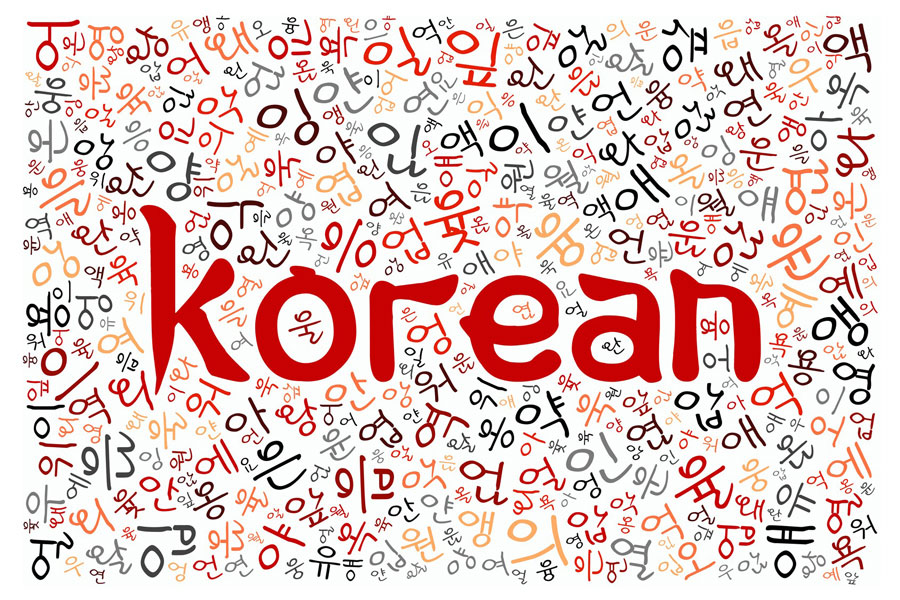
Published :
Updated :

Ever since Bangladesh has been enlisted as a source country by the Republic of Korea, popularly known as South Korea, in 2008 for recruitment of employees through an Employment of Permit System (EPS), migration of Bangladeshi workers to that lucrative destination has witnessed an uneven oscillation. If the number of employment went up in a year, it fell the next year. Until 2019, no more than 2,355 migrant job-seekers from Bangladesh could move to that country in a year. After the Covid-19 restrictions when migrations were at their lowest, there was a surge in 2022. As many as 5,891 migrants went there with employment. But in a major boost, S Korea has placed an order for recruitment of 10,000 migrants, almost double that of the previous year, from Bangladesh in 2023. Notably, there is hardly any scope for illegal migration to that country and it also hires both skilled labourers and professionals through proper tests.
The celebratory news is, however, causing some consternations at this end because of the uncertainty over fulfilling the quota. In the first six months, only 1,800 people could go to Korea with jobs. The jobs there, unlike in the Middle East, are high end even in case of industrial labour highly paying. Also, language proves to be a formidable challenge before the candidates who have to pass the tests both for skill and language proficiency. Korean is part of Altaic family, unlike Indo-Aryan family, a northern Asian language with some resemblance to Turkish, Mongolian and Japanese languages. Naturally, people from this part of the world find it daunting to master the language. It is not surprising that the Nepalese from Nepal where both Indo-European and Sino-Tibetan families---to which Korean language professes its link--- find a happy mix have earned the number one ranking among the 16 source countries for South Korea. It is perhaps because of their language skill.
However, people in Bangladesh are quite adaptive in language learning. Bangladesh ranks fourth among the 16 source countries. Professionals and workers in particular have proved their language learning ability appreciably when standard Korean language institutes are absent. According to a senior vice president of Korean Language Association in Bangladesh (KOLAB), out of 1,000 such language institutes, 20-25 are good enough to impart language training properly. This year's language proficiency test can be a guide to the training job aspirants receive. Out of 19,011 candidates appearing for the language proficiency test, only 6,358 passed. This certainly is a dismal picture. France and Germany have made arrangement for language learning under the Alliance Francaise and Goethe Institut. Although, this is under cultural programmes, the short courses offered are standardised enough. South Korea can do the same under the auspices of its embassy in Dhaka.
Bangladesh cannot and should not risk losing out its quota of manpower allocated by Korea to other countries simply because of constraints in language learning. If Bangladesh cannot send the number of migrants on order from that country, it will turn to other countries to fulfil its annual quota. This can be avoided if the training modules are revised and made suitable for technically skilled workers with weakness in language proficiency. The government has happily decided to supervise the language training institutes in order to improve their quality. The institutes with high standards will be approved. But time is running out. Let the process start as soon as possible.


 For all latest news, follow The Financial Express Google News channel.
For all latest news, follow The Financial Express Google News channel.